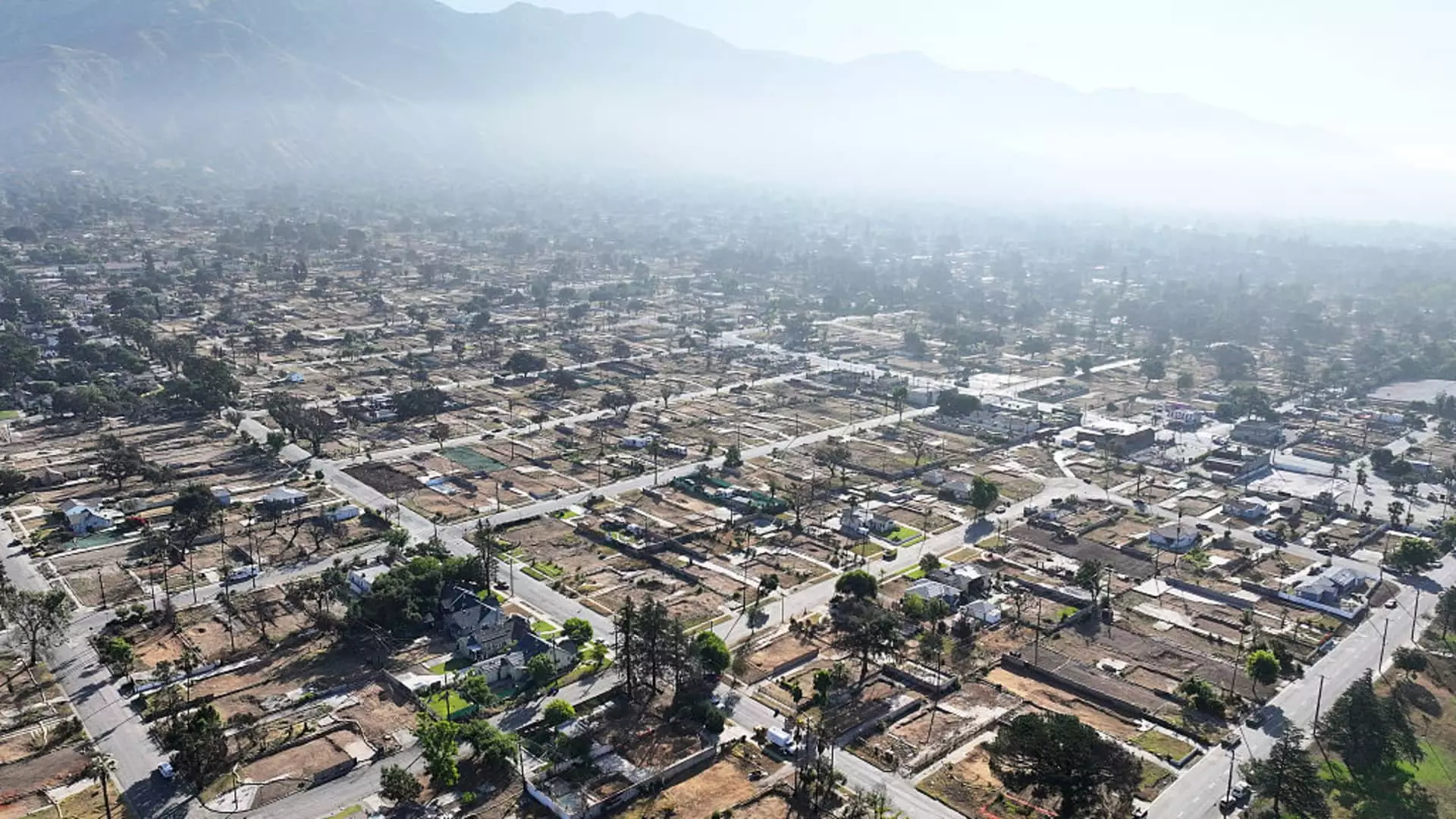The recent legislation in California shines a glaring spotlight on the pervasive imbalance of power in the realm of disaster recovery. It exposes a system that, rather than safeguarding homeowners, often allows financial institutions to profit at their expense. When natural calamities like wildfires ravage communities, victims are not only deprived of their homes but also of the financial dignity they deserve. The outdated practice of holding insurance payouts in escrow accounts, primarily benefiting lenders who accrue unearned interest, reveals a troubling prioritization of profit over people. This systemic failure underscores the necessity of reevaluating who truly benefits in the aftermath of disaster. It’s a stark reminder that for too long, the interests of financial institutions have overshadowed those of the very individuals who work and pay taxes to maintain the fabric of society.
Legislation as a Step Toward Fairness, But Does It Go Far Enough?
The newly passed bill represents an incremental but meaningful step in addressing this imbalance. By guaranteeing homeowners at least 2% interest on insurance funds held in escrow, California is attempting to rectify a glaring loophole that has historically favored lenders. While the measure is commendable, it remains a modest reform in a system that allows banks to profit from homeowners’ misfortune. The fact that interest on escrowed funds was not explicitly mandated prior to this legislation indicates a deeper, longstanding problem rooted in legal ambiguity and a lack of consumer protections. Moreover, this law provides a ceiling of 2%, which, while better than no interest at all, still falls short of truly compensating homeowners who are often left waiting for months or years to rebuild. In essence, the bill reshapes the rules of engagement, but it leaves open questions about whether future reforms will go further in championing homeowner rights.
The Broader Implications and the Need for Moral Clarity
This legislative push highlights a broader societal debate about fairness, corporate responsibility, and the moral fabric of economic relationships. It’s a clear illustration that systemic reforms are needed to prevent vulnerable homeowners from being exploited during their most desperate times. The fact that such legislation is necessary at all demonstrates a failure of existing protections to prioritize the well-being of residents over the profits of large financial institutions. This situation calls into question the moral foundations of our financial system — one that allows lenders to benefit from the misfortune of others without direct accountability.
But addressing these inequalities also requires a shift in societal values. It’s not enough to pass laws; there must be a moral commitment to ensuring that those who suffer losses have access to the full resources necessary for recovery. This isn’t merely a legal issue but a matter of social justice. The solution lies in fostering a culture where the interests of individuals and communities are placed above corporate profits—a principle that aligns with a center-wing liberal perspective that seeks balanced regulation while acknowledging the importance of economic stability. Ultimately, reform must be driven not just by legal mandates but by a shared moral conviction that fairness and compassion are fundamental to a just society.


Leave a Reply